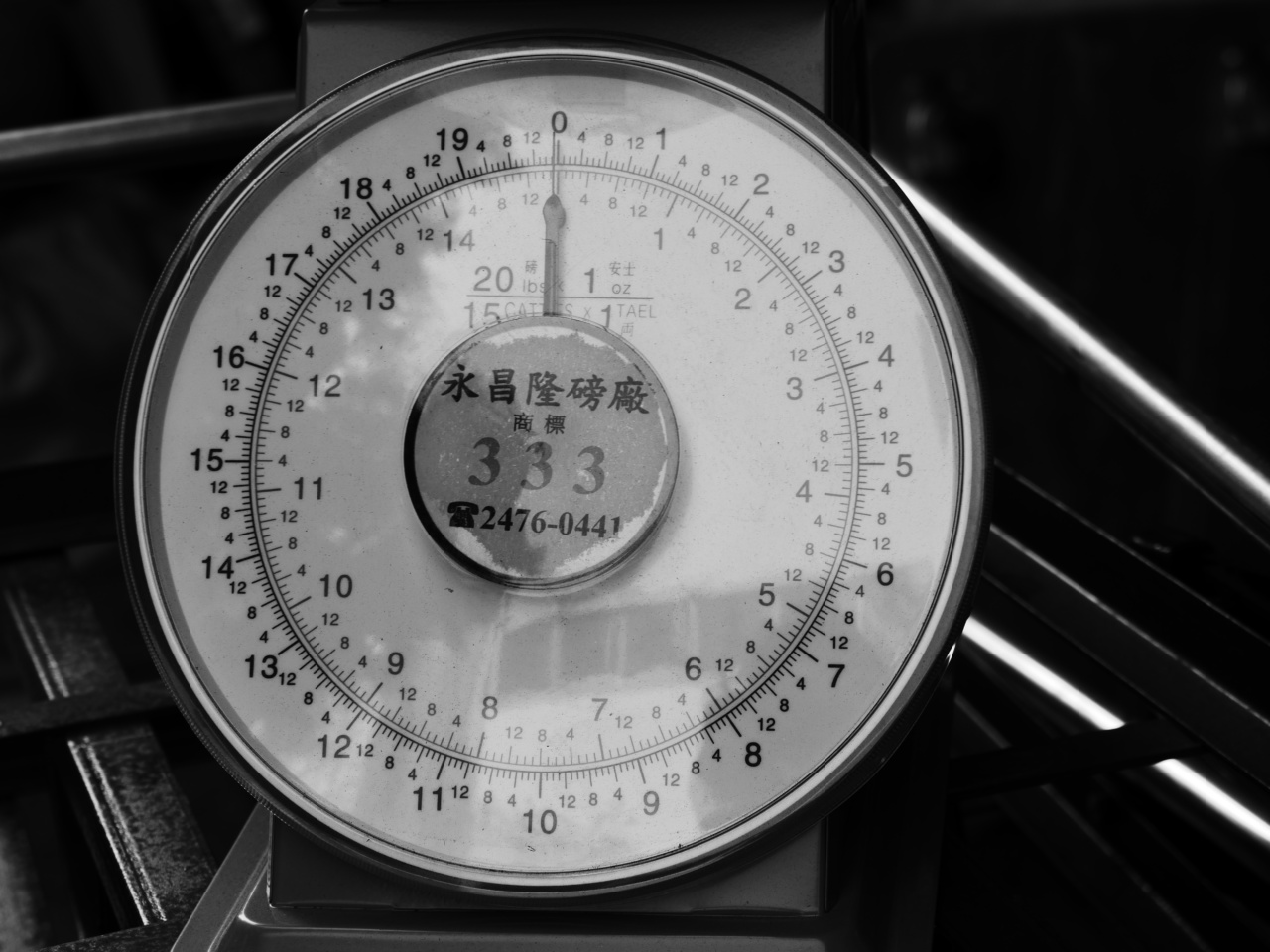Having high blood pressure is a serious condition that can lead to various health problems such as heart attack, stroke, and kidney disease.
Understanding your blood pressure numbers is important to take the necessary steps to maintain healthy blood pressure levels. In this article, we will discuss what your blood pressure numbers can tell you, what they mean, and how to manage them.
What is blood pressure?
Blood pressure is the force of your blood pushing against your blood vessels’ walls as it travels through your body. It is measured in two numbers, systolic and diastolic blood pressure.
The systolic blood pressure (the top number) is the force when your heart beats, and the diastolic blood pressure (the bottom number) is the force when your heart rests between beats.
What are normal blood pressure numbers?
A normal blood pressure reading is typically around 120/80 mmHg (millimeters of mercury). However, normal readings can vary depending on a person’s age, sex, and overall health.
For those over the age of 60, a slightly higher blood pressure level may be considered normal. Consult with your healthcare provider to determine what the normal range is for you.
What is considered high blood pressure?
According to the American Heart Association, a blood pressure reading of 130/80 mmHg or higher is considered high. High blood pressure, also known as hypertension, can increase your risk for heart disease, stroke, and kidney disease.
If you have high blood pressure, talk to your healthcare provider about lifestyle changes and/or medication options to manage your blood pressure.
What is considered low blood pressure?
Low blood pressure, or hypotension, is when your blood pressure reading is consistently below 90/60 mmHg. Symptoms of low blood pressure can include dizziness, fainting, and nausea. If you experience these symptoms, seek medical attention immediately.
Your healthcare provider may adjust any medications you are taking and recommend lifestyle changes to bring your blood pressure up to a healthy level.
What can cause high blood pressure?
High blood pressure can be caused by a variety of factors, including genetics, lifestyle habits, and underlying health conditions.
Some common lifestyle factors that can contribute to high blood pressure include smoking, a diet high in salt and processed foods, lack of physical activity, and stress. Certain medical conditions such as diabetes, kidney disease, and sleep apnea can also increase your risk of developing high blood pressure.
What can you do to manage your blood pressure?
There are several lifestyle changes you can make to help manage your blood pressure. These include maintaining a healthy diet low in salt, getting regular exercise, quitting smoking, and reducing stress levels.
Your healthcare provider may also prescribe medication to manage your blood pressure. It is important to work closely with your healthcare provider to determine the best course of treatment for you.
Conclusion
Understanding your blood pressure numbers is an important step in maintaining your overall health.
If you are worried about your blood pressure readings or have been diagnosed with high or low blood pressure, speak with your healthcare provider to determine the best course of action for your individual needs.





























